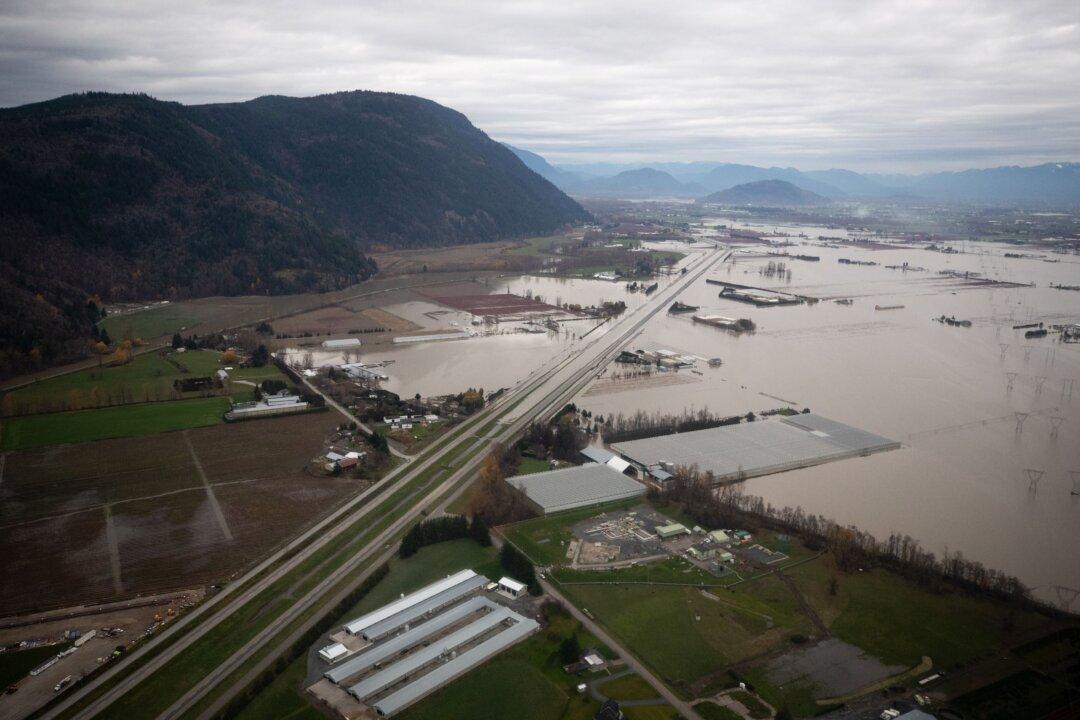Commentary
Climate change is a fact of life—the climate has been changing since time immemorial. Mother Nature does what Mother Nature does, and I doubt that mankind can do much to change her ways.

Climate change is a fact of life—the climate has been changing since time immemorial. Mother Nature does what Mother Nature does, and I doubt that mankind can do much to change her ways.